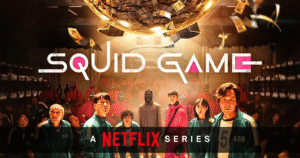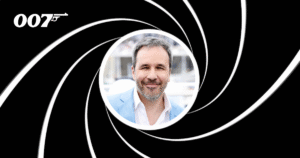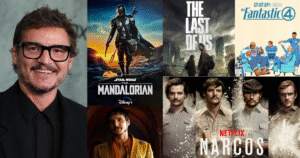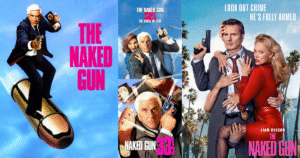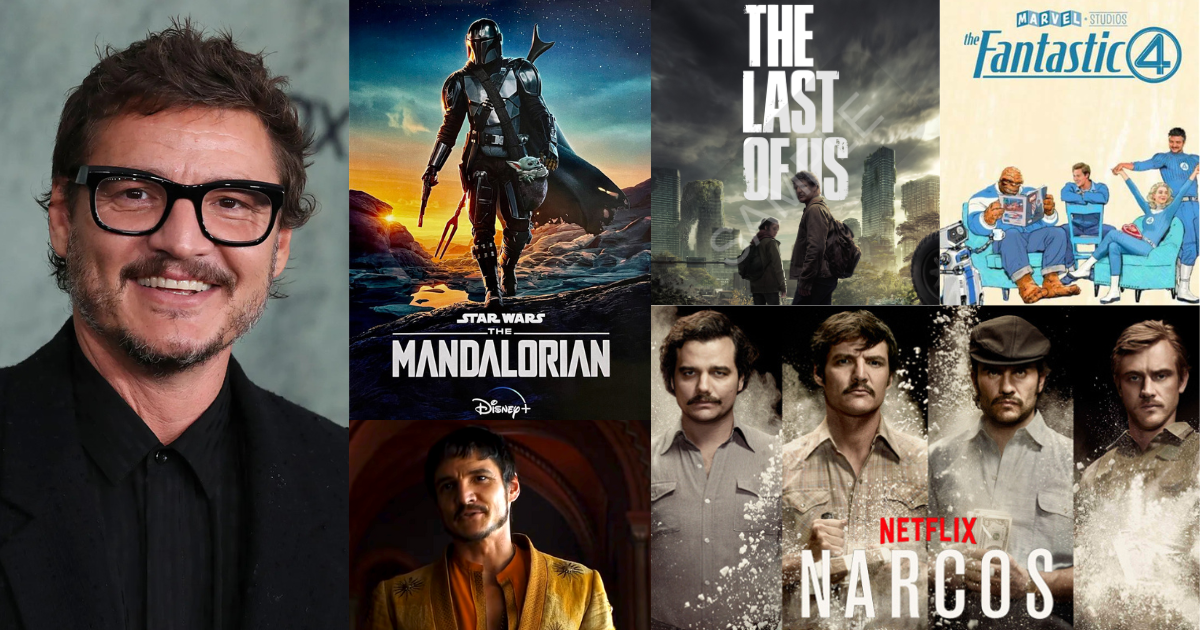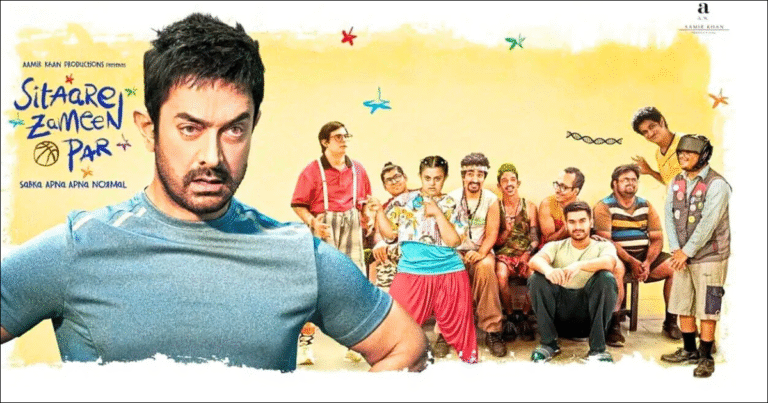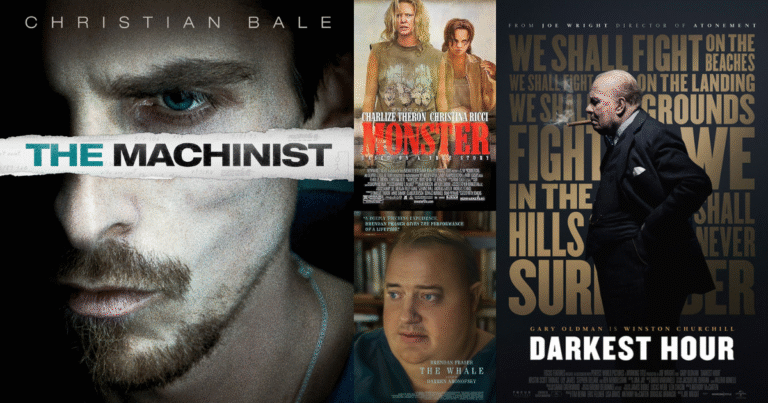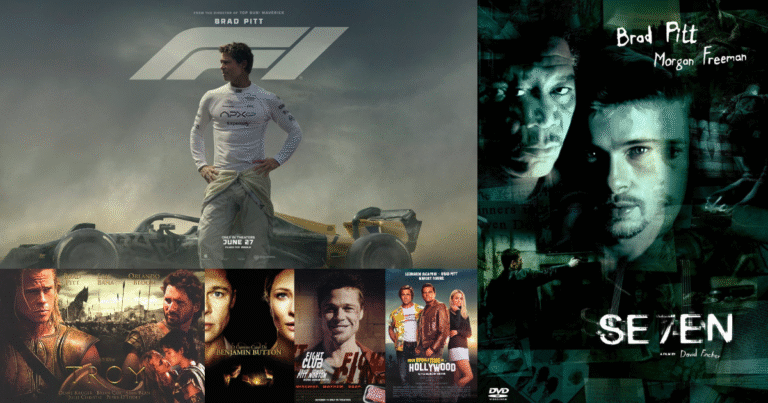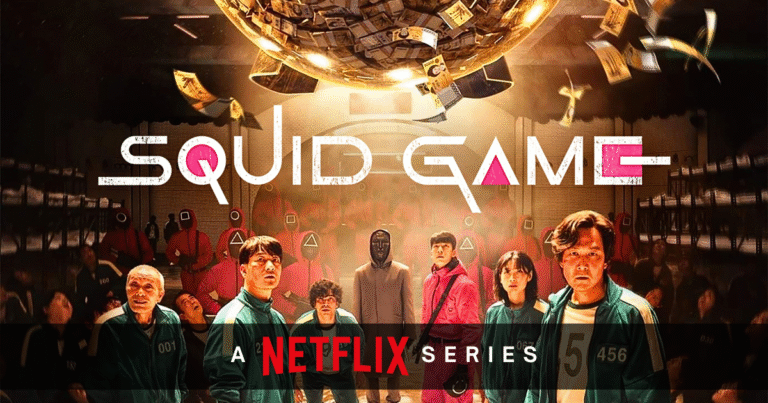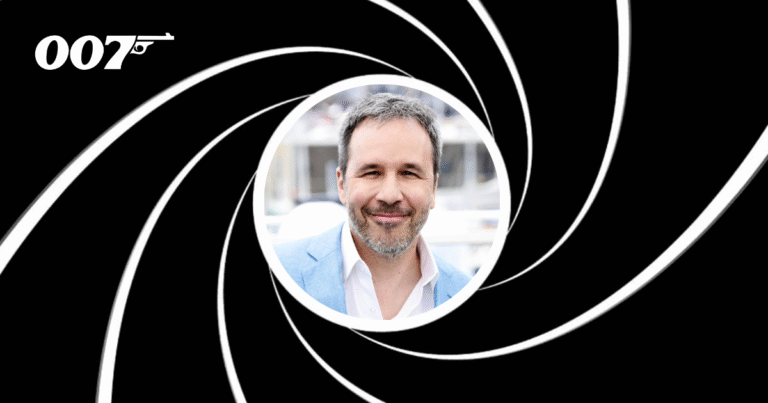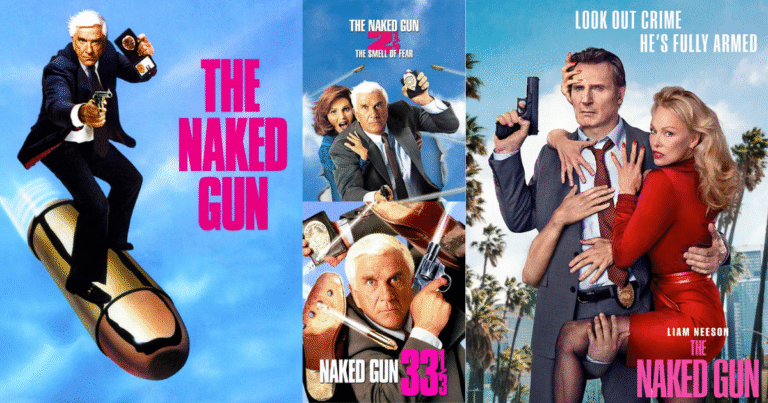Pedro Pascal might not have planned on becoming the face of some of the biggest franchises in the world, but here he is, gracing our screens with charm, depth, and a quiet sense of rebellion against Hollywood norms. From sword-swinging in Game of Thrones to babysitting galactic orphans in The Mandalorian, Pascal’s rise has been anything but traditional, and that’s exactly why it works.
The Early Grind
Pedro Pascal didn’t have an overnight success story. For years, he appeared in guest roles on shows like Buffy the Vampire Slayer, NYPD Blue, and Law & Order. He was hustling, taking small gigs, and surviving the tough New York acting scene while sharpening his craft in theater. It wasn’t until he played Oberyn Martell in HBO’s Game of Thrones that audiences finally took notice. And oh, what a first impression.
Oberyn was a fierce, emotionally complex character, and Pascal played him with a swagger that was impossible to forget. Even though his screen time was short, the performance made an impact, and casting directors started calling.
The Masked Man with a Heart
When The Mandalorian premiered, people weren’t sure what to expect. Could a show where the main character rarely removes his helmet hold emotional weight? Thanks to Pascal’s voice and body language, the answer was yes. He turned Din Djarin, a seemingly stoic bounty hunter, into one of television’s most emotionally resonant characters. And he did it mostly through subtle inflections and a deep, grounded performance.
What’s even more intriguing is how Pascal embraced the challenge of acting behind a mask. It wasn’t about vanity or screen time, it was about story, tone, and doing the job right. That’s the kind of professional he is.
From Galaxies Far Away to Apocalypse Now
Then came The Last of Us. Adapted from the beloved video game, it needed a lead who could carry emotional trauma, grit, and quiet tenderness all at once. Enter Pascal as Joel, a grieving father navigating a post-apocalyptic world. Critics and fans alike were blown away by the performance. He made Joel human, flawed, broken, but fiercely protective.
The role also showed Pedro’s knack for selecting characters who are tough on the outside but deeply vulnerable underneath. Whether he’s dodging zombies or bounty hunters, he keeps the audience invested by playing to the emotional truth of his characters.
More Than a Meme
Outside of his acting chops, Pascal has also become an internet favorite. The “cool, chaotic uncle” vibe, the unexpected fashion moments, the self-deprecating humor, he’s as likable off-screen as he is on. He’s never taken himself too seriously, even while taking his work very seriously. That authenticity is rare and refreshing.
Whether he’s sipping coffee awkwardly during interviews or laughing with fans online, Pedro Pascal exudes relatability. It’s no wonder he’s become a Gen Z and millennial icon.
Why Pascal’s Stardom Feels Different
What makes Pedro Pascal stand out is that he doesn’t chase celebrity status, he lets the work speak for itself. He picks roles that matter, delivers performances that land, and then quietly moves to the next challenge. He also brings a unique Latin American identity to global pop culture in a way that’s not performative, it’s personal and real.
He’s not playing the same macho role over and over. Instead, he’s choosing flawed, nuanced characters with real arcs. That’s the kind of storytelling that lasts.
What’s Next for Pedro?
With The Fantastic Four: First Steps set to hit theaters on 25th July, Pedro Pascal is officially stepping into the Marvel universe as Reed Richards. It’s a major move into the superhero spotlight, one that fans are eagerly waiting to see unfold on screen.
And if his track record is anything to go by, Pascal will bring depth and heart even to the most cosmic of characters. That’s his real superpower, making the extraordinary feel human.
Pedro Pascal reminds us that charisma, vulnerability, and strong storytelling can still make waves in an industry often obsessed with spectacle. He’s not just playing heroes, he’s redefining them.
